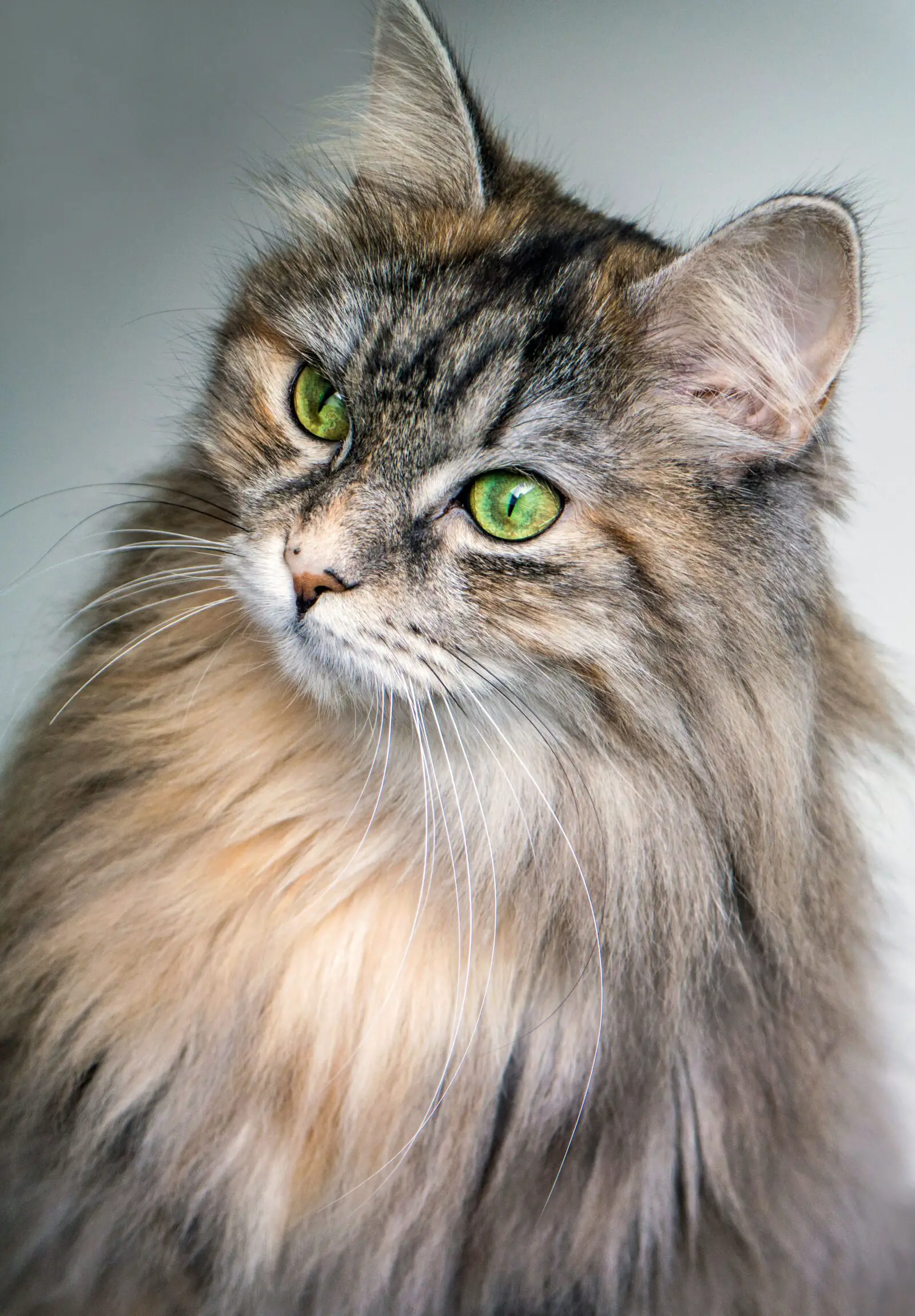
Contents
Does Siberian Cat Shed – Introduction
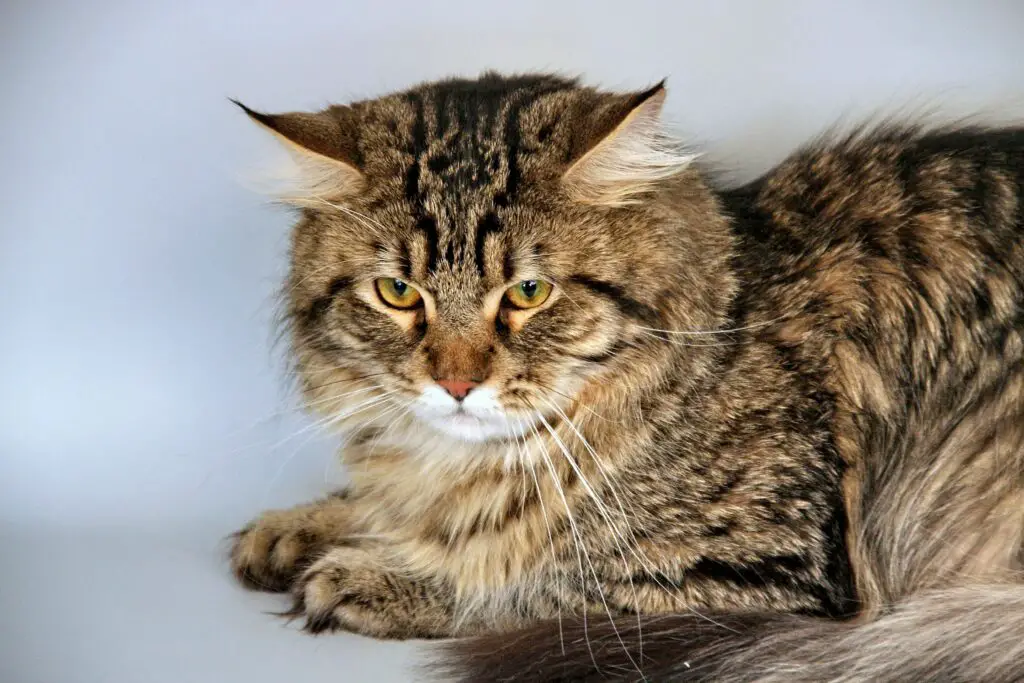
Siberian cats are a popular breed known for their thick, luxurious coat and their friendly, playful personality. One question many prospective owners have is whether Siberian cats shed and, if so, how much.
Do Siberian cats shed a lot? https://m.youtube.com/watch?v=cCc0Ho2ro4Q&pp=ygUWRG9lcyBTaWJlcmlhbiBDYXQgU2hlZA%3D%3D
The answer is yes
Siberian cats shed, but the amount can vary from cat to cat. They typically shed twice a year, in the spring and fall, when they shed their winter and summer coats, respectively. During this time, they may shed more heavily than usual, but shedding can be reduced with regular grooming. Regular grooming is key.
As mentioned earlier, regular grooming is the best way to combat shedding in Siberian cats. Brushing their coat once or twice a week using a slicker brush can help remove loose fur and prevent matting. It’s also important to pay attention to the area around their belly and hind legs, which can often be overlooked but are prone to matting.
If you find your Siberian cat shedding excessively, you can try increasing the frequency of grooming or adding supplements such as omega-3 fatty acids to their diet. However, it’s always best to consult your veterinarian before changing your cat’s diet.
Seasonal shedding
While many cats shed all year round, Siberian cats experience seasonal shedding twice a year. During this time, they may require extra attention when grooming and may even benefit from a bath or professional grooming session.
One benefit of seasonal shedding is that it allows for the growth of a new coat in time for the upcoming season. For example, their summer coat will be shed during fall shedding in preparation for growing their thicker winter coat.
Is there such a thing as hypoallergenic?
Siberian cats are often marketed as hypoallergenic due to their low levels of Fel d 1 protein, which is the allergen found in cat saliva and skin oil that causes human allergies. However, it’s important to note that no cat breed is truly hypoallergenic and individual reactions can vary.
If you suffer from allergies but are considering getting a Siberian cat, it’s recommended that you spend time with them before bringing one home. This will give you an idea of how severe your reaction may be and allow you to make an informed decision.
Siberian cats have a triple coat, meaning they have three layers of hair. The top layer comprises long guard hairs that protect the cat’s skin from dirt and moisture. The middle layer is a soft, fluffy undercoat, while the bottom layer is a thicker, wool-like undercoat that keeps the cat warm in cold weather.
Despite their thick coat, Siberian cats are not hypoallergenic and can still trigger allergies in some people. However, some allergy sufferers have reported being able to live with Siberian cats without experiencing allergy symptoms, possibly due to the breed’s lower levels of the protein Fel d 1, which is a common allergen in cats.
To keep shedding under control, regular grooming is essential for Siberian cats. Brushing their coat once or twice a week with a high-quality brush can help remove loose hair and prevent matting. Bathing them occasionally can also help keep their coat clean and healthy. Another important factor to consider when owning a Siberian cat is its playful and affectionate personality.
These cats are known for being sociable and love to interact with their owners. They enjoy cuddling and playing, making them great companions for adults and children. Siberian cats are a beautiful breed of feline that make great pets for those looking for a playful and affectionate companion. Despite their thick coat, Siberian cats require regular grooming to help keep their shedding under control and prevent matting. Who doesn’t love a good cuddle session with their furry friend?
A Triple Coat Wonder
Siberian cats are unique in that they have a triple coat, which helps protect them from dirt, moisture, and cold weather. The top layer comprises long guard hairs that protect the cat’s skin from the elements. The middle layer is a soft, fluffy undercoat that provides insulation, while the bottom layer is a thicker, wool-like undercoat that keeps them warm in cold weather.
Not Hypoallergenic
Despite their triple coat wonder, Siberian cats are not hypoallergenic. However, their lower levels of the protein Fel d 1 may make it possible for some allergy sufferers to live with them without experiencing allergy symptoms.
Regular Grooming is Essential
To keep shedding under control, regular grooming is essential for Siberian cats. Brushing their coat once or twice a week with a high-quality brush can help remove loose hair and prevent matting. Bathing them occasionally can also help keep their coat clean and healthy.
A Playful and Affectionate Personality
Another important factor to consider when owning a Siberian cat is its playful and affectionate personality. These cats are known for being sociable and love to interact with their owners. They enjoy cuddling and playing, making them great companions for adults and children.
Siberian cats are also highly intelligent and can learn new tricks or behaviors easily. They enjoy challenges, so providing them with toys that stimulate their minds can help prevent boredom.
Regarding health, Siberian cats are generally a robust breed with few health problems. However, scheduling regular check-ups with a veterinarian is still important to ensure your cat remains healthy and happy.
Overall, Siberian cats make great pets for those looking for a playful, affectionate, low-maintenance companion. As with any pet, it’s important to fully research the breed before bringing one home to ensure you can provide them with the proper care they need to thrive. With the right care and attention, your Siberian cat will be a wonderful addition to your family for years.
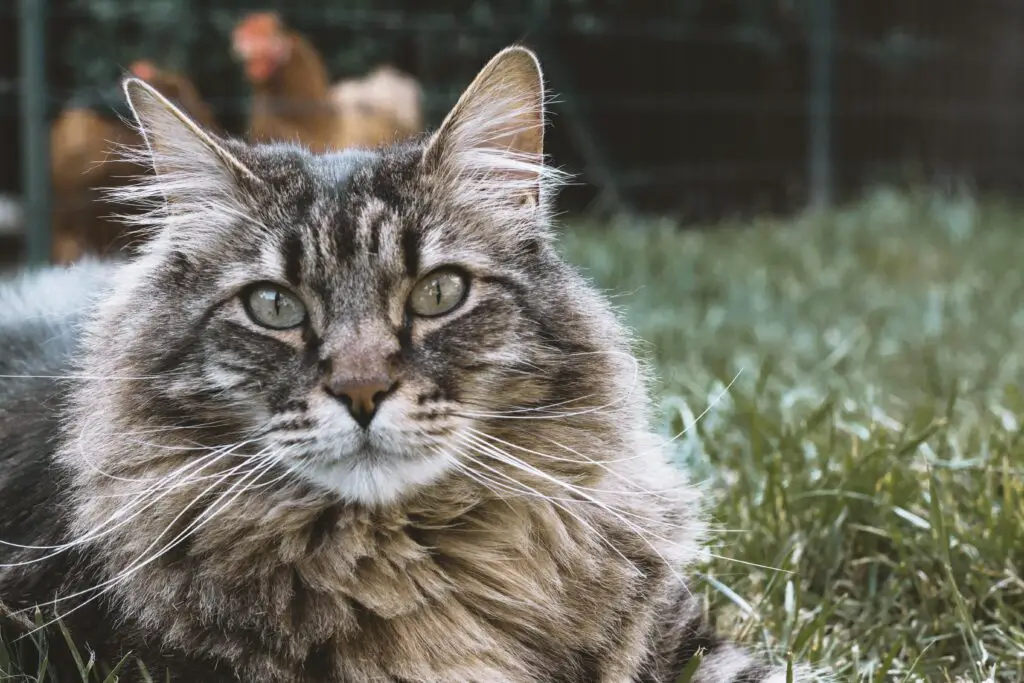
Conclusion
Siberian cats shed, but shedding can be reduced with proper grooming and care. They are a wonderful breed for those who appreciate a friendly, playful cat with a luxurious coat.
More Links:
Does Proin Kill Dogs: https://adoptanim.com/does-proin-kill-dogs/
Pulling Clumps of Hair from Dog – An Amazing Explanation: https://adoptanim.com/pulling-clumps-of-hair-from-dog/

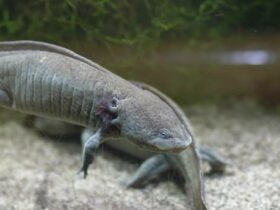
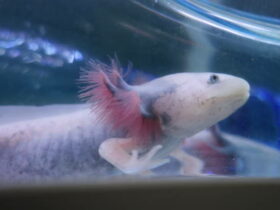
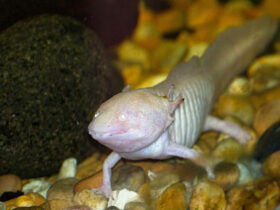
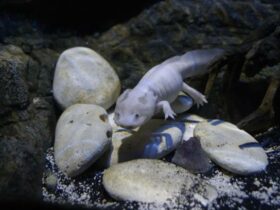
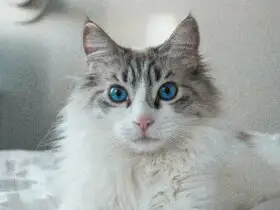
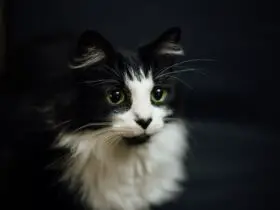
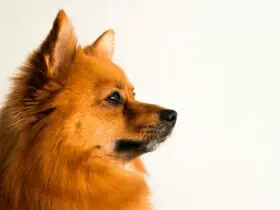
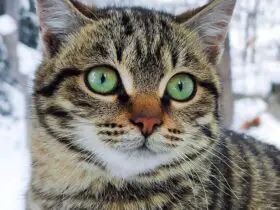
Leave a Reply